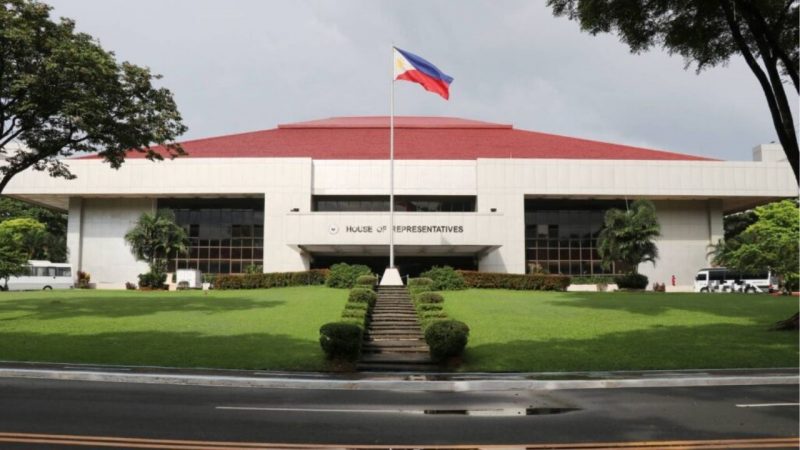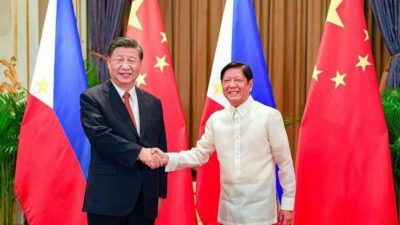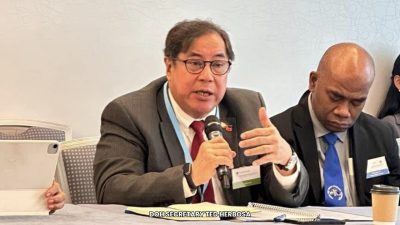By Junex Doronio
MANILA — Peeved by the seemingly snail-paced Senate on important bills that have been passed by the House of Representatives, the reputed “Young Guns” in the lower chamber have appealed anew to their counterparts in the upper chamber to consider passing the economic charter reforms bill that they approved early this year.
“After nearly 40 years since the post-Marcos Sr. era, do we need a status quo? We have seen our neighbors progress. We have been a laggard; that’s the hard truth. But do we need to be a laggard forever?” asked House Assistant Majority Leader Paolo Ortega V of La Union’s 1st District.
Aside from Ortega, Representatives Jay Khonghun of Zambales’ 1st District, Rodge Gutierrez of 1-Rider Partylist, Zia Alonto Adiong of Lanao del Sur’s 1st District, and Jil Bongalon of Ako Bicol Partylist invoked the latest survey of reputable pollster Tangere, where a convincing 57 percent of Filipinos have supported moves for constitutional amendments primarily for economic reasons.
“In this era of fast global digitalization, the Philippines needs to level up by trying to compete, or at least be at par with advanced economies. We are sorely lacking infrastructure, which is why our Asian neighbors left us behind,” noted Khonghun, chairman of the House Committee on Bases Conversion.
“We urge the Senate to join us in unlocking our nation’s full potential and ensuring sustained economic growth through constitutional economic amendments. By attracting foreign investments and fostering a competitive, inclusive business environment, we can generate more jobs for Filipinos,” Gutierrez, a lawyer, said.
“Don’t we need to catch up? Can we not entertain change at all? Can we not try something new?” Adiong, chairman of the House Ad Hoc Committee on Marawi Rehabilitation and Victims Compensation, stressed. “Status quo is the last thing we need. We have to wake up from our long slumber, so to speak.”
“We need some economic adjustments to keep pace with the demands of the global economy. Opening specific economic provisions can create a more dynamic and resilient economy facing future challenges. The proposal will help attract more foreign direct investments crucial for the Philippines’ financial expansion and infrastructure development,” Bongalon, also a lawyer, for his part said.
Based on the answers of 1,500 respondents nationwide, the survey, held from May 21 to 25 this year indicated that 57 percent – or a slight 2 percent increase from April’s figures – wanted key economic provisions in the fundamental law of the land tweaked.
(el Amigo/MNM)







